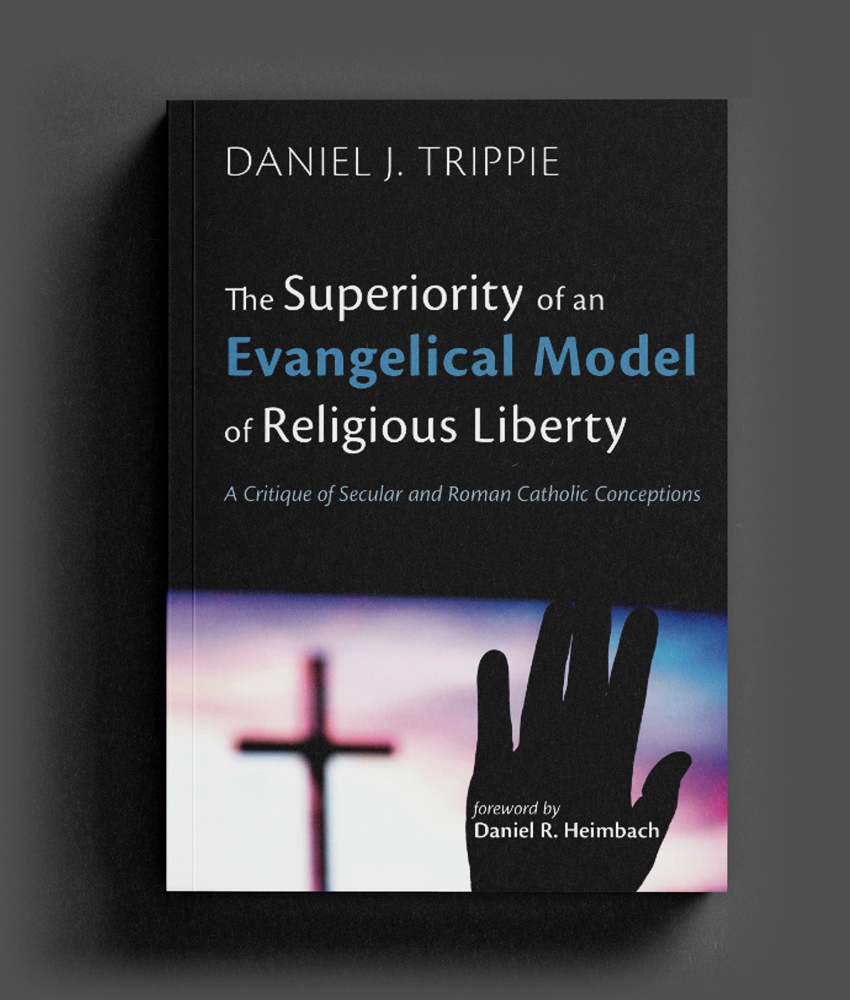Did you really expect mass vaccinations? Are you shocked that many people are hesitant, if not dogmatic, in their opposition to the COVID-19 vaccine? I received the vaccination as soon as I was eligible, and I strongly encourage others to do the same. But should we be surprised that many would resist? And why are we shocked that many would find vaccination mandates unsettling? The controversy surrounding the vaccine is symptomatic of a disease that began metastasizing years ago.
The United States is a representative, republican political system. And representative republics require public trust for their survival. Citizens must trust that their elected officials will communicate clearly, honestly, and consistently. And elected officials must trust citizens to be informed, active, and possess basic logic and critical thinking skills. Trust is the currency exchanged in a representative republic –– and those checks bounced years ago!
Today’s political discourse brokers in misrepresentation at best –– blatant lies at worst. For example, not every social program is a move toward Marxism. But if one listens to the rhetoric, we are all on the brink of donning fur hats embroidered with hammers and sickles. At the same time, any discussion of voter id is presented as oppression and a return to Jim Crow. The language on both sides is marked by extreme exaggerations meant to incite our worst imagination.
Theologian John Frame says, “A lie is a word that intentionally deceives a neighbor in order to hurt them.” But Frame suggests that there is a difference between “blatant lies” and simple “untruths.” Untruths may come from respectable mistakes, honest fiction, or edifying devices such as telling your neighbor you enjoyed the fruitcake they dropped off last Christmas. Now, I am not saying all our political rhetoric fits Frame’s definition of a blatant lie (although much certainly does). But a large majority of political speech is shamelessly untrue. And while these untruths may not create the same moral outrage as a blatant lie, they do foster a general sense of apathy among constituents. Consequently, as in any relationship, one eventually tunes the other party out when one endures years of lying and deception.
Now let us consider the cumulative effect of the following untruths and blatant lies:
“We did not, repeat, did not, trade weapons or anything else for hostages (Reagan 1986).
“I did not have sexual relations with that woman, Ms. Lewinsky” (Clinton 1998).
“Intelligence gathered by this and other governments leaves no doubt that the Iraq regime continues to possess and conceal some of the most lethal weapons ever devised” (Bush 2003).
“We have kept Congress fully informed of our efforts regarding counter-terrorism” (Obama 2013).
“I am the best this that ever happened to Christianity” (Trump 2016).
“Al-Qaida is gone from Afghanistan” (Biden 2021).
Honest representation is essential before the art of statecraft can flourish. Both representatives and the electorate must have confidence that they desire the best for their communities. But as my congressman told me over a pulled pork sandwich on Capitol Hill, “Statecraft died more than 35 years ago.” Consequently, our modern culture of deception has worn down essential components required for our system of government to flourish.
Moreover, deception socializes us to assume politics are distant and abstract. We are fed a steady barrage of untruths and lies every election cycle. But the apocalypse never seems to come. For instance, Mom’s social security check arrives every month regardless of a Republican or Democrat administration. The fall off the fiscal cliff is more like tripping on the sidewalk. My refugee neighbor is very nice and seems to work hard. For all the hysteria on social media and cable news, politics and politicians never seem to touch our day-to-day life ––it all seems to be distant. We still go to work, religious services, and sporting events without intersecting with the drama of the nightly news. We generally live as though politics are distant ––somewhere out there. And we seldom consider our representatives as real people–– rarely do we consider them our neighbors. Therefore, a culture of deception gives the illusion that representative republicanism is a general idea and not an immediate reality–– that is until a pandemic.
COVID-19 inserted our elected representatives into our daily lives. Every decision is now personal –– and that requires trust! As the virus has evolved, officials have needed to make rapid decisions. But as the New York Times reported on August 2, 2021, both federal and state officials have put forth “inconsistent and confusing information.” A citizenry rooted in trust can absorb this kind of whiplash. But when a society has been steeped in dishonestly, how would you expect the citizenry to respond to mandates affecting one’s health?
Representatives have treated public trust like an irresponsible kid who squanders their lunch money. And the public has accepted lying as the norm –– celebrating it at times –– ignoring it mostly. So here we are, we are stuck with a pandemic that lingers and a frustrated and angry public. Perhaps that tablet was on to something when it said, “Thou shall not bear false witness.”
NOTE: This article first appeared in the Buffalo News opinion section. Oct 28,2021









